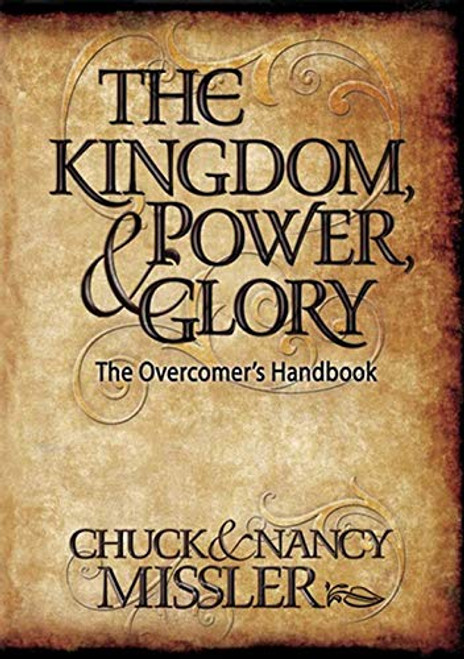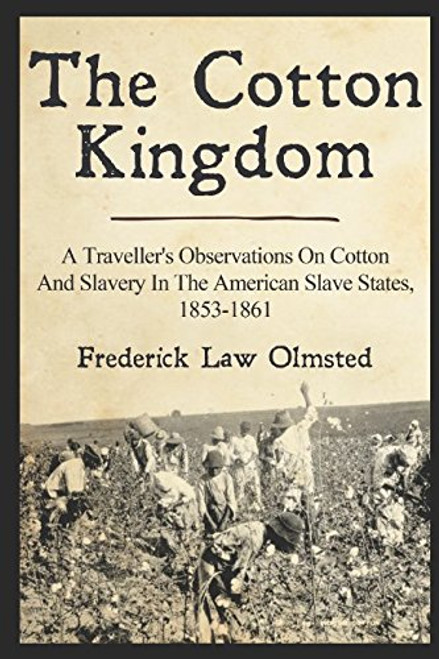Disease is thought to be a great leveler of humanity, but in antebellum New Orleans acquiring immunity from the scourge of yellow fever magnified the brutal inequities of slave-powered capitalism. Antebellum New Orleans sat at the heart of Americas slave and cotton kingdoms. It was also where yellow fever epidemics killed as many as 150,000 people during the nineteenth century. With little understanding of mosquito-borne virusesand meager public health infrastructurea persons only protection against the scourge was to get acclimated by surviving the disease. About half of those who contracted yellow fever died. Repeated epidemics bolstered New Orleanss strict racial hierarchy by introducing another hierarchy, what Kathryn Olivarius terms immunocapital. As this highly original analysis shows, white survivors could leverage their immunity as evidence that they had paid their biological dues and could then pursue economic and political advancement. For enslaved Blacks, the story was different. Immunity protected them from yellow fever, but as embodied capital, they saw the social and monetary value of their acclimation accrue to their white owners. Whereas immunity conferred opportunity and privilege on whites, it relegated enslaved people to the most grueling labor. The question of good healthwho has it, who doesnt, and whyis always in part political. Necropolis shows how powerful nineteenth-century white Orleaniansall allegedly immunepushed this politics to the extreme. They constructed a society that capitalized mortal risk and equated perceived immunity with creditworthiness and reliability. Instead of trying to curb yellow fever through sanitation or quarantines, immune white Orleanians took advantage of the chaos disease caused. Immunological discrimination therefore became one more form of bias in a society premised on inequality, one more channel by which capital disciplined and divided the population.
Necropolis: Disease, Power, and Capitalism in the Cotton Kingdom
MSRP:
Was:
Now:
$39.47 - $49.20
(You save
)
(No reviews yet)
Write a Review

Write a Review

Necropolis: Disease, Power, and Capitalism in the Cotton Kingdom
- SKU:
- UPC:
- 9780674241053
- Maximum Purchase:
- 2 units
- Binding:
- Hardcover
- Publication Date:
- 4/19/2022
- Release Date:
- 3/21/2022
- Author:
- Olivarius, Kathryn
- Language:
- English: Published; English: Original Language; English
- Pages:
- 352

Kingdom, Power & Glory: The Overcomer's Handbook
MSRP:
Was:
Now:
$22.02 - $32.73

The Last Kingdom (Cotton Malone, 17)
MSRP:
Was:
Now:
$12.16 - $23.76

The Kingdom, the Power, and the Glory: American Evangelicals in an Age of Extremism
MSRP:
Was:
Now:
$31.03 - $39.27

The Cotton Kingdom: A Traveller's Observations On Cotton And Slavery In The American Slave States, 1853-1861
MSRP:
Was:
Now:
$16.70 - $24.21

Createspace Independent Publishing Platform
Destroy Infirmities & Diseases: Powerful Prayers to Destroy the Spirit of Infirmities and Diseases
MSRP:
Was:
Now:
$14.73 - $16.59

Destiny Image Publishers
The Principle and Power of Kingdom Citizenship: Keys to Experiencing Heaven on Earth
MSRP:
Was:
Now:
$19.58 - $23.89

Kingdom of the Feared (Kingdom of the Wicked)
MSRP:
Was:
Now:
$16.28 - $20.90
!


